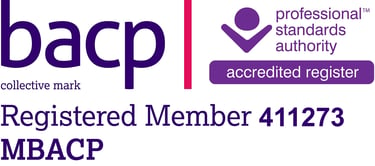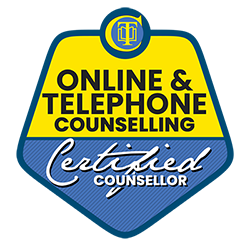Choosing the Right Counsellor: Key Factors to Consider
2/9/20252 min read


Choosing a counsellor is a significant step towards personal growth and healing. It’s essential to understand that not all counsellors are a fit for everyone. Some may have different specialties or approaches that may not align with your needs. Hence, knowing how to pick a counsellor can greatly influence your therapeutic journey.
What to Look for in a Counsellor
When selecting a counsellor, consider several factors that can aid your decision:
Qualifications and Experience: Ensure that the counsellor is properly trained and has relevant experience. Check their credentials and areas of expertise to ascertain if they align with your requirements.
Approach and Style: Different counsellors use various techniques, from cognitive behavioural therapy to humanistic approaches. Research their methods and reflect on which may resonate with you best.
Comfort and Trust: A crucial aspect of effective counselling is the therapeutic relationship. Pay attention to your comfort level. Initial consultations can be very telling; trust your instincts.
Specialisations: Some counsellors specialise in certain issues, such as anxiety, depression, or relationship problems. Determine if your needs match their specialisation for more effective outcomes.
Who to Avoid When Choosing a Counsellor
While it’s essential to identify what to look for in a counsellor, it’s equally important to recognize red flags. Avoid counsellors who:
Lack Proper Credentials: Be wary of individuals who do not have recognised qualifications. This is crucial for ensuring that you receive effective, ethical and safe care.
Disregard Your Boundaries: If you feel pressured or uncomfortable during a session, it may indicate a lack of respect for personal boundaries. A good counsellor should always check in with you about how you are feeling when talking about things that are difficult or challenging.
Are Judgmental: A judgemental attitude can hinder your progress in therapy. Your counsellor should foster an environment of acceptance and understanding.
Focus on Their Issues: Beware of counsellors who appear more interested in their problems rather than focusing on helping you. Therapy should be about you and your journey.
In conclusion, choosing the right counsellor is a personal and pivotal decision. By considering your needs and being aware of what to look for and what to avoid, you can enhance your chances of finding a compatible and effective partner in your healing process. Remember to take your time making this choice, as the right fit can lead to substantial personal growth.
If you would like to see if I might be a match for you and your therapeutic journey get in touch today.









